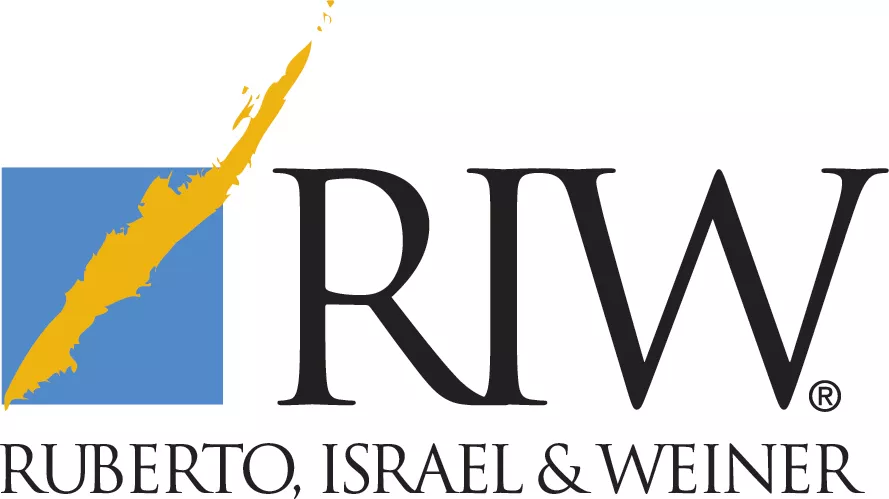In commercial real estate, the legal instruments that govern leasing and financing relationships are more than just contractual formalities—they are the bedrock of security for all parties involved. For tenants and landlords alike, Subordination, Non-Disturbance and Attornment (SNDA) agreements, alongside Estoppel Certificates, stand as critical defenses against the unpredictability of property markets and financial upheavals.
These documents do more than just outline terms; they ensure that the rights and obligations of tenants and landlords are clearly defined and protected, especially when third-party lenders enter the scene.
Mastery of these legal tools is not an option but a necessity for anyone involved in commercial real estate. Whether you're negotiating a new lease or securing a property loan, a deep dive into the world of SNDA and Estoppel Certificates can provide unmatched foresight and stability in an ever-changing market.
An SNDA is essentially a tri-party agreement involving the tenant, landlord and the landlord's lender. It addresses the hierarchy of rights between the tenant's lease and the landlord's mortgage, which the lender holds. The "Subordination" clause ensures that the tenant's leasehold interests are subordinate to the lender's mortgage interest. "Non-Disturbance" offers the tenant peace of mind, guaranteeing that their rights to the leased premises are preserved, even in the event of a foreclosure. "Attornment" solidifies the tenant's obligation to acknowledge any new owner as their landlord post-foreclosure.
The Estoppel Certificate is a snapshot of the lease at a point in time, where the tenant confirms to the lender the key terms of the lease and certifies no breaches or disputes. This certificate is crucial for lenders as it verifies the lease's status and terms before they proceed with financing or refinancing the property.
When it comes to the mortgage on the property, certain due diligence is necessary. It is pertinent to check if there's an existing mortgage recorded and whether the SNDA needs to be on record as well. Legal professionals should also consider the applicable laws, which vary from strict record title states to notice states, and the nuances of statutory versus common law.
Lease provisions can be complex and are often negotiated to address different scenarios: new loans with existing leases, new leases with existing loans and new leases anticipating future loans. When negotiating the lease, it's crucial to consider automatic subordination and whether it implies automatic non-disturbance, among other provisions.
In negotiating SNDAs, defining the loan terms, considering future loans, and detailing the rights and obligations upon attornment are vital. The agreement should be clear on what happens in cases of landlord defaults and the lender's obligations and liabilities.
For the estoppel, it's not just about confirming facts such as lease dates, terms and charges, but also about ensuring that the certificate benefits the right parties and is based on proper consideration.
Best practices for dealing with these documents include meticulous record-keeping, such as noting when the document was received and checking the lease for any specified turnaround times. Communication is also key—reach out to property management teams, call the stores and liaise with accounting or auditing teams for any clarifications. Always ask the landlord for a word version of the document, and inquire if the Estoppel is connected to a refinance or sale of the property.
In gathering information, lawyers and clients should review the lease for rights granted and ensure that any redlining or amendments to the documents protect their interests. An informed approach to these documents can significantly impact the legal and financial stability of the tenant's occupancy and the landlord's property dealings.
The content of this article is intended to provide a general guide to the subject matter. Specialist advice should be sought about your specific circumstances.


